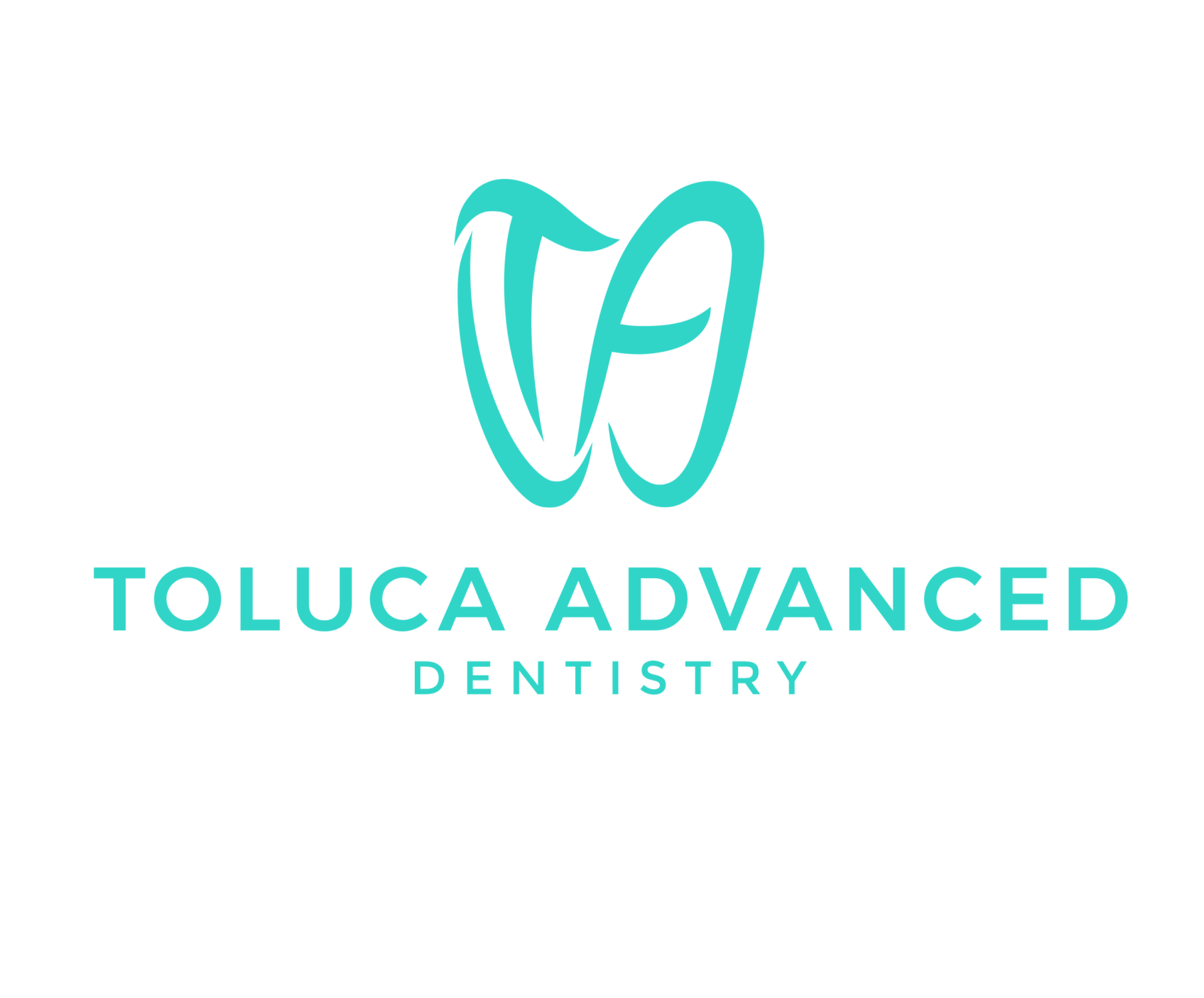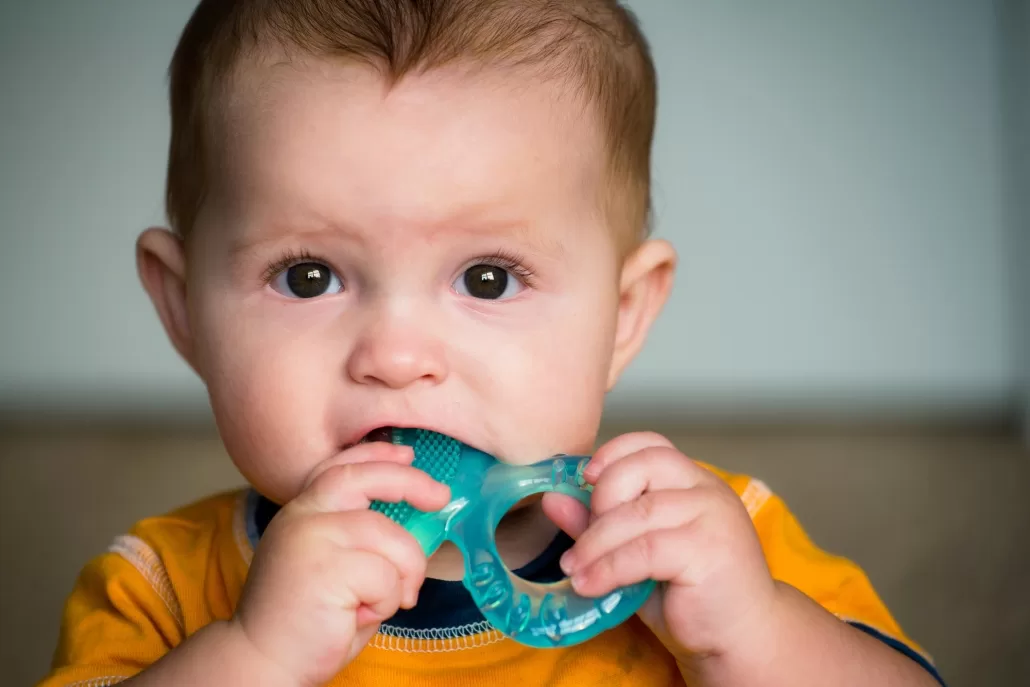You can do nothing to get your baby’s teeth out, but you can reduce the pain and discomfort for your beloved baby. Here are some tips that can help:
Give your baby something to chew. Give her a wet towel that you have already refrigerated.
Give your baby cold food. Giving your children cold foods such as apple puree (mashed apple) or yogurt can help reduce the pain and discomfort of his gums.
Massage the baby’s gums. After washing your hands, gently but firmly massage her gums with your fingers. This pressure can greatly relieve the pressure that the baby feels due to the teeth sprouting.
If none of these methods work, your doctor may recommend using acetaminophen drops for infants to reduce pain and inflammation.
Over-the-counter medications such as anesthetic gels and creams that numb the baby’s gums and relieve toothache are not recommended for children under 2 years of age, so avoid taking these medications arbitrarily and use them only under a doctor’s supervision. The American Academy of Pediatric Dentistry, the U.S. Food and Drug Administration, and other experts warn that topical anesthetics containing benzocaine can cause methemoglobinemia; A rare but dangerous condition in which the amount of oxygen in the blood drops dramatically and dangerously low.
When your baby is teething, you should keep his or her growing gums and teeth clean. As soon as his teeth come out, brush them twice a day with a baby-sized toothbrush or a baby toothbrush – and a very small amount of toothpaste. Ask your doctor or dentist about using fluoride toothpaste. When your child is two years old, increase the amount of toothpaste.
If your child has multiple teeth and you cannot brush all of them, it is time to floss. Try to use colorful floss teeth for children to make it easier for you and your baby.
Never put your baby to sleep with a bottle of milk in his mouth; unless the milk glass is full of water. The sugars in powdered milk and even breast milk accumulate on her teeth overnight and can lead to tooth decay from glass of milk, also called bottle rot.
Another way to avoid this situation and reduce the chance of tooth decay is to try to give milk with a cup instead of a bottle. It is best to do this around the age of one so that he can drink more easily from a cup of milk. You should also avoid straw glasses, as they, like milk bottles, expose the teeth to the sugar in the milk for a long time, thus increasing the chance of tooth decay in the baby.
A six-month-old baby check-up is a good time to ask your baby’s doctor if he or she needs a fluoride supplement. These supplements are in the form of fluoride drops and help prevent tooth decay in babies, but are only necessary if the fluoride concentration in your drinking water is below the allowable level. Also, ask your doctor to examine your baby’s teeth.
Around the age of one, you should take your child to the dentist for a checkup. Of course, if your baby’s doctor feels that his or her teeth are likely to decay, you may need to take your baby to the dentist a little earlier, six months after his or her first tooth came out or until he or she is one year old, whichever is earlier.
At around 18 months, you can gradually teach your baby how to brush his teeth. You need to help her with this because she does not yet have the skills and concentration to use a toothbrush properly.
You do not have to brush your baby teeth in a certain direction, just try to get food particles out of the teeth. If your child does not like the taste of toothpaste, try another type.
Try not to give your child too many sweets and chocolates. When he eats a lot of sweets (for example, at a birthday party), be sure to brush his teeth immediately after eating them.
If you have not seen any signs of teething until your baby is 18 months old, talk to your doctor or dentist. Premature babies may erupt a few months later than normal babies.
Also, if your baby has all the symptoms of teething – excessive runny mouth, swollen gums – but also seems to be experiencing severe and unusual pain (intense crying that never subsides is a sign of pain) Contact your doctor. Teething should not be a difficult and painful process for the baby.
Your baby’s baby teeth will not fall out until your baby’s permanent teeth are ready to come out of the gums. Baby teeth usually start to fall out around the age of six.


